Profile
Budding comedians must have tough skin – Abdul Waris Omaru
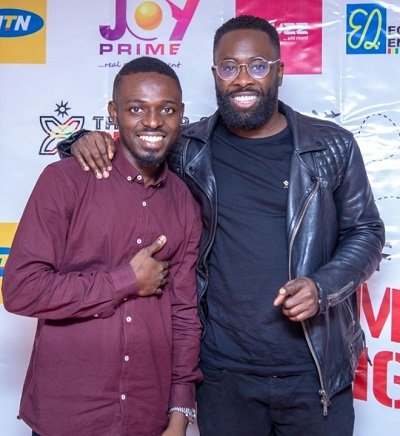
Critics say Ghanaian comedians are not witty enough and it is not a ‘career’ worth pursuing if anybody intends to make ends meet.
Others hold the view that some of the performers only repeat common jokes or even end up stirring controversies. Few of them have, in the past, ‘taken bullets’ for jokes people considered offensive.
But that is not all. The onset of the novel corona virus has also led to somewhat ‘poor visibility’ of stage comedy shows especially in the capital city, Accra, as it was previously not the case.
In spite of this, there are still some individuals who have yet not thrown in the towel on the craft but continue to find alternative ways of lighting up the mood of their fans.
One of them is Abdul Waris Omaru, who goes by the stage name ‘Comedian Waris.’ He has gained some attention on social media and other public spaces as he continues to thrill fans who find gratification in laughing out loud.
When The Spectator caught up with him recently, he said that he did not have plans of joining the industry but eventually found himself on stage through an audition in 2016.
According to him, he took up comedy because it gave him “quick money” compared to his previous job as a producer at Top FM, an Accra-based radio station.
The former student of Odorgono Senior High School, touching on his life and experience, said he worked at a spare parts company, a cement and concrete factory, and served also in other capacities as a security man, after completing school.
He later on took up a multimedia course and had internship at some radio stations before deciding to embark on his new journey.
“I was working as a Sound Engineer and Producer at Top FM in Accra. I auditioned at one of DKB’s comedy shows and I subsequently had some coaching from him and other actors in the industry who are still coaching me,” he said.
Asked about how much income he earned, the comedian, born in Kumasi Aboabo in the Ashanti Region, explained that his standard of living had been improving since he started comedy.
“I work with time so when I perform every five minutes, I earn GH¢ 1,500.00. When I was a sound engineer I was paid GH¢ 300.00 at the end of the month.
To further prove that he was, indeed, ‘making money’, he stressed: “when I was a sound engineer I was using a ‘yam phone’. Now, I use an iPhone.”
Waris, also a content creator, said that he had been featured in a movie titled ‘Akwaaba’ with popular comedian Clemento Suarez.
Apart from stage comedy, he again works with some companies as an ‘influencer’ to attract clients and help increase patronage of goods and services of those entities.
He admitted not doing any stage comedy in the past five months but continues to post short comedy skits regularly on Instagram.
Contrary to popular views, he insisted that comedy is worth pursuing, provided the “actor branded himself or herself very well.”
“Everything you want to do pays but it depends on how you package yourself. I think I am doing it to my optimum best and I am making money although I am not yet at the top.
“It is better than working and waiting several months before you are paid,” he stated sarcastically.
Waris said “the sky remains the limit,” as he is considered among some of the top comedians in country. He posts new funny videos frequently on his channel and interacts with fans to push his brand.
“I get good feedback from my audience and it is getting better. A lot of people started ahead of me. I started four years ago and if I am counted among the top 10 comedians I think it is a good signal,” he added.
Comedian Waris came under fire about two years ago from making comments about musician Sakordie’s little daughter, which sections of the public considered inappropriate. But he was quick to apologise and retract the unfortunate comments he made, whether knowingly or unknowingly.
He advised that budding comedians must have a tough skin, develop creative concepts to attract audience and go “a little crazy on stage.”
“I hope more people would embrace comedy, and when everything is set, I am sure we will derive the outmost benefit from our shows.”
“They (comedians) must know that jokes alone do not pay the bills but they should keep pushing,” he said.
Warris said he was on the verge of establishing a foundation to mentor young people and help them attain their goals in life through their talent.
He did not disclose his relationship status but said he had a “lot of girls” who admired him and indicated that he would soon settle down “with the one his heart decides.”
By Ernest Nutsugah
Profile
Albert Litela Obidiaba: The artist who wove Ghana’s soul into the King’s Baton
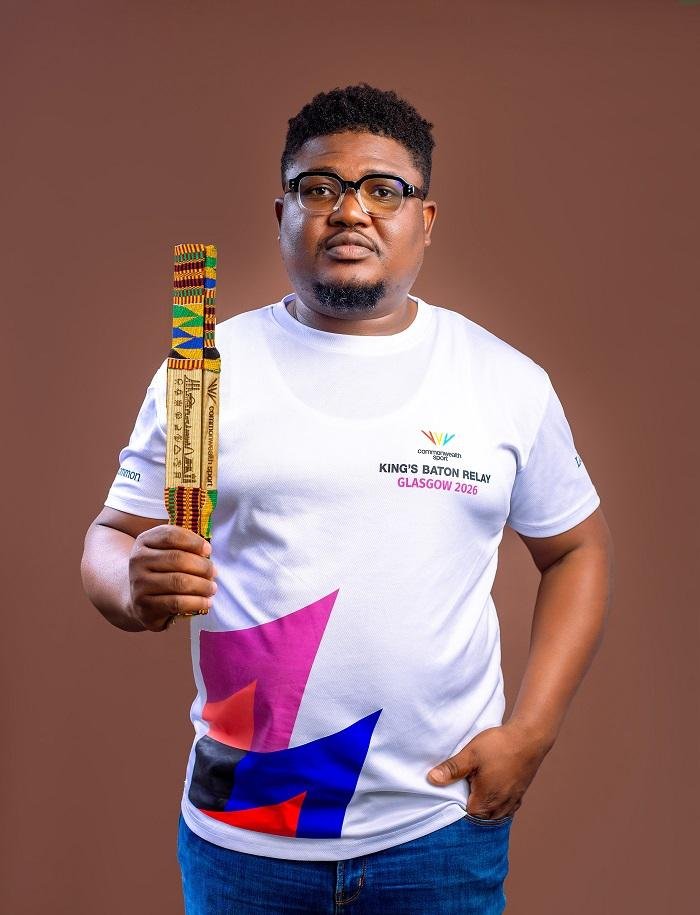
When the world’s eyes turn to the King’s Baton on its global journey, one of Ghana’s most profound artistic stories travels with it. It will be a story of creativity, culture, and national pride crafted by Albert Litela Obidiaba.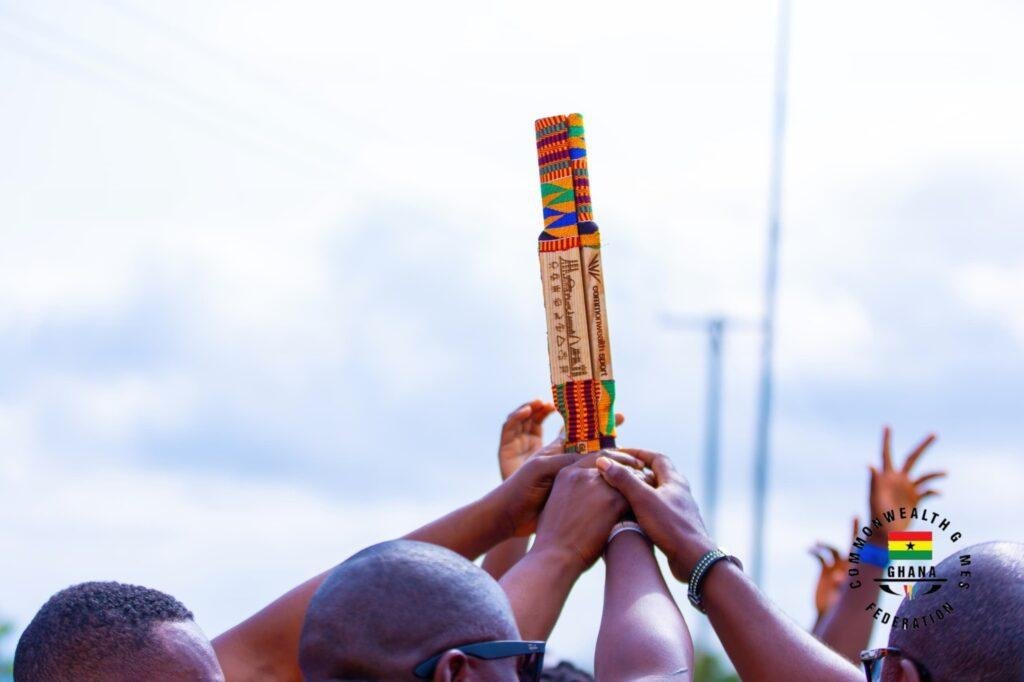
From the quiet town of Old Baika in the Oti Region, Albert’s journey as an artist has always been about telling stories. It is not just through words, but through symbols, textures, and meaning.
“From a young age, I was drawn to the power of art, knowing how colours and textures can capture not just emotion but culture and identity,” he recalls.
Today, his name has become synonymous with innovation rooted in traditional bridge between Ghana’s past and its global creative future.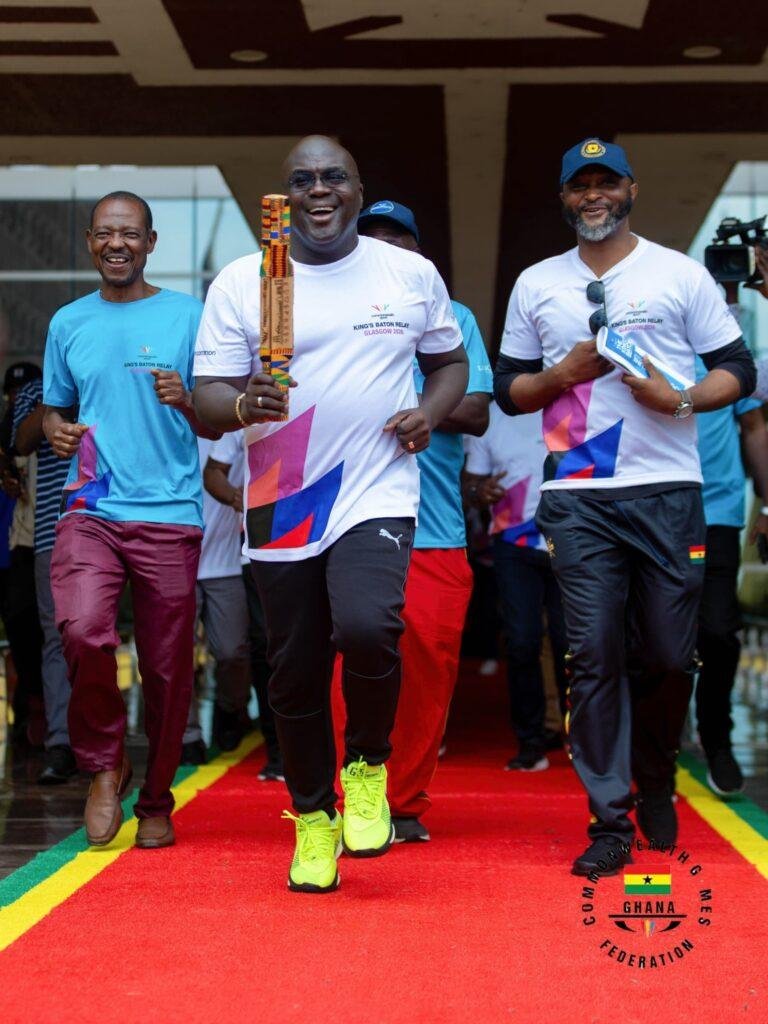
Albert’s love for art was born from curiosity. Surrounded by the vibrancy of Ghanaian culture; the patterns of kente, the stories behind Adinkra symbols, and the textures of daily life, he began sketching and crafting early on.
“Simple things told deep stories,” he says. “That fascinated me.”
As he matured, his art evolved into a personal mission to preserve and reinterpret Ghana’s heritage for a modern audience. His style reflects a seamless blend of culture and contemporary design, each piece a narrative of unity, history, and pride.
“I see art as storytelling through form and symbolism, it should feel rooted in purpose yet speak to today’s world,” he explains.
When the call came to design Ghana’s version of the King’s Baton, Albert saw it as both a national duty and a creative calling.
Recommended by mentors like Mr Charles Osei Asibey, who trusted his talent and understanding of Ghanaian symbolism, he embraced the project wholeheartedly.
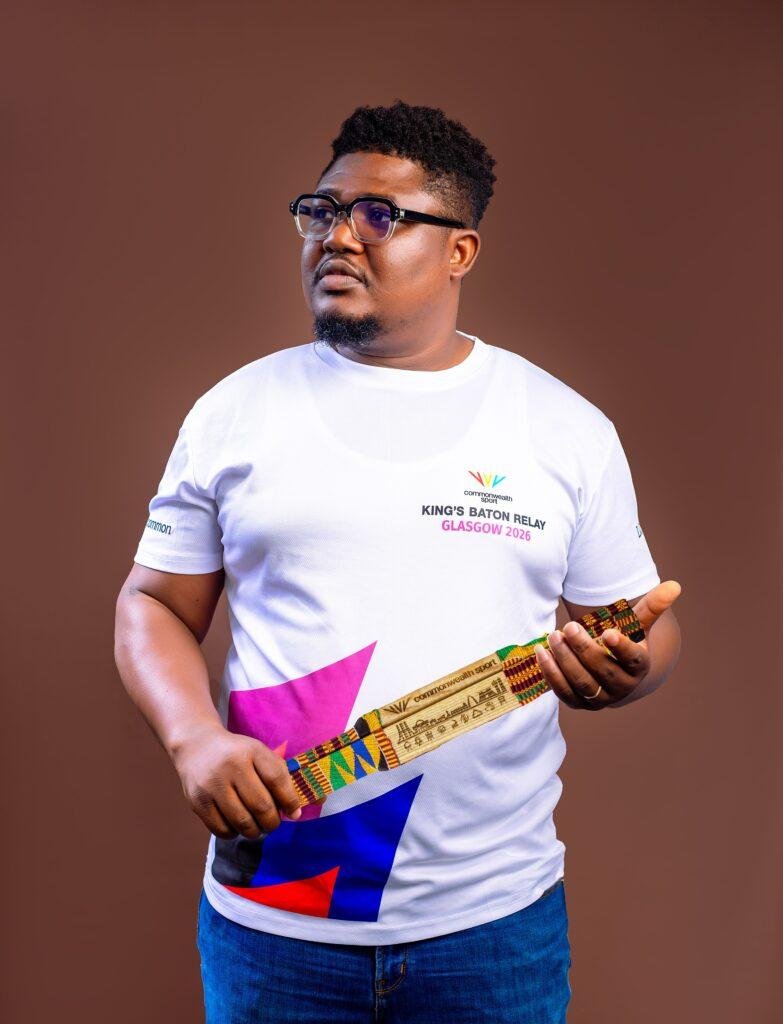
His vision was clear; to create a piece that would embody unity, pride, and the enduring spirit of Ghana.
Drawing from traditional motifs, he integrated textures inspired by kente weaving, representing hard work, continuity, and creativity. The golden tones symbolise strength and dignity, while the contours and natural motifs mirror Ghana’s landscapes and people.
“The King’s Baton had to tell our story of who we are, what we value, and how we see the world, it is more than art, it is identity in motion,” he said.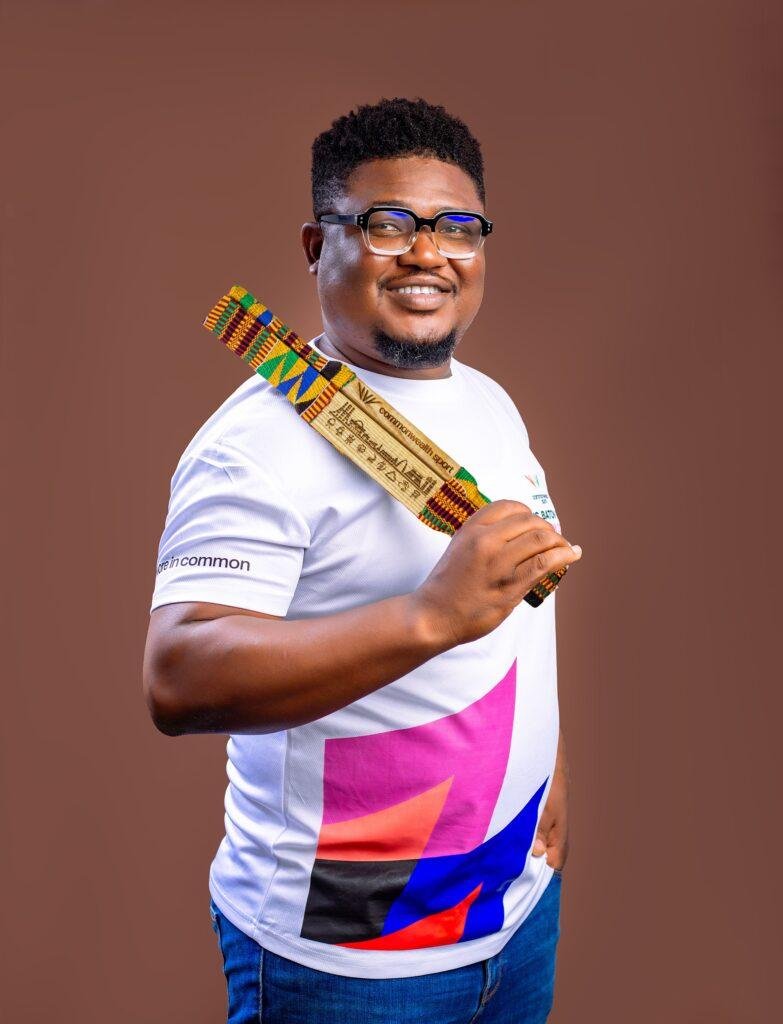
Every etch, every pattern carries meaning. From concept to completion, the entire process took three intense weeks which were filled with research, design sketches, consultation, and collaboration with skilled artisans.
“It was days and nights of work, but a lifetime of meaning,” he says with quiet pride.
Creating a design that represents all of Ghana’s diverse cultures was no small feat. Albert had to balance aesthetics, authenticity, and technology thereby using sustainable wood, carefully treated and certified, to reflect the nation’s commitment to nature and preservation.
“It wasn’t easy finding the right mix,” he admits. “But those challenges pushed me to think deeper. They made the final piece stronger — both artistically and symbolically.”
For Albert, Ghanaian culture is both muse and message. His works echo the values of unity, strength, persistence, and wisdom, drawn from Ghana’s traditions.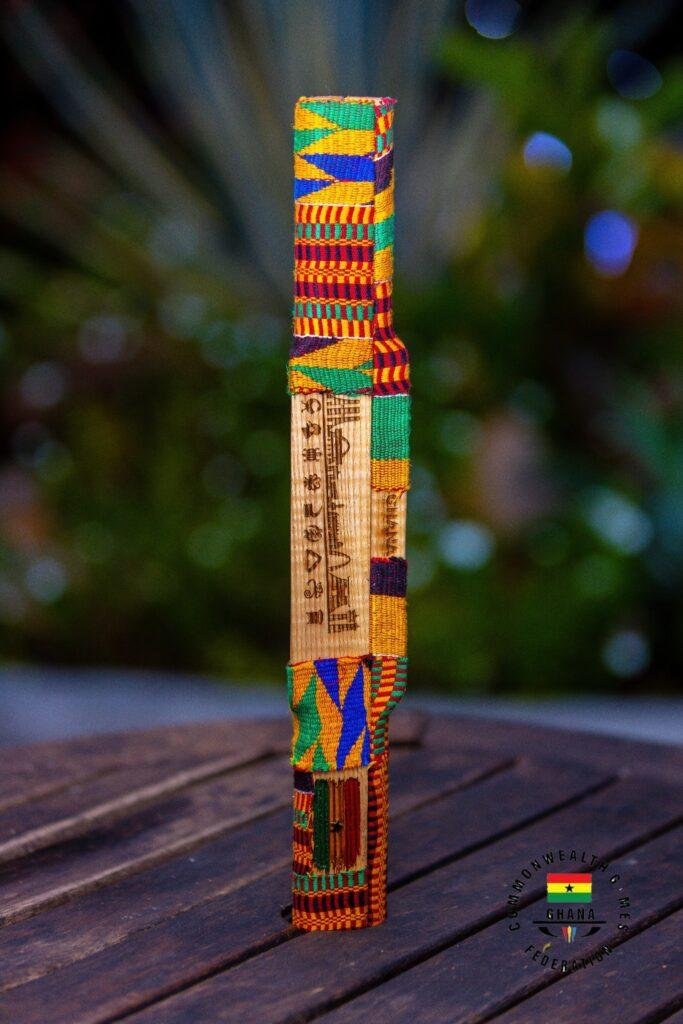
“Art preserves who we are and every line and symbol tells a story of belonging,” he said, and believes art is one of the most powerful tools for building national pride.
Designing the King’s Baton has been a defining moment in his creative journey and that it deepened his appreciation for cultural storytelling. “It taught me that creativity is also a form of service,” he said.
The experience has opened new professional doors, but more importantly, it gave him a renewed sense of purpose making him embrace a call to national duty.
“My soul will be glad even after my days on earth are over,” he said beaming with smiles.
Beyond the King’s Baton, Albert has worked on numerous projects celebrating Ghanaian identity through contemporary art and design. His ongoing works explore symbolism and heritage in new forms which includes blending materials, stories, and styles from across Ghana’s regions.
He is currently preparing projects that continue the conversation the baton began. They are about unity, creativity, and Africa’s evolving artistic voice.
To young artists aspiring to make their mark, Albert’s advice is for them to believe deeply in their craft and that the world is always looking for authenticity “which comes from knowing who you are and where you come from.”
On how he wants to be remembered, he said, “I want to be remembered as an artist who used creativity to celebrate culture and connect people. If my name is remembered as the one who designed Ghana’s version of the King’s Baton, that will be enough, because it means I carried Ghana in my hands, and shared her with the world.”
By Esinam Jemima Kuatsinu
Join our WhatsApp Channel now!
https://whatsapp.com/channel/0029VbBElzjInlqHhl1aTU27
Profile
Survival to service: Margaret Odame Donkor the breast cancer preacher
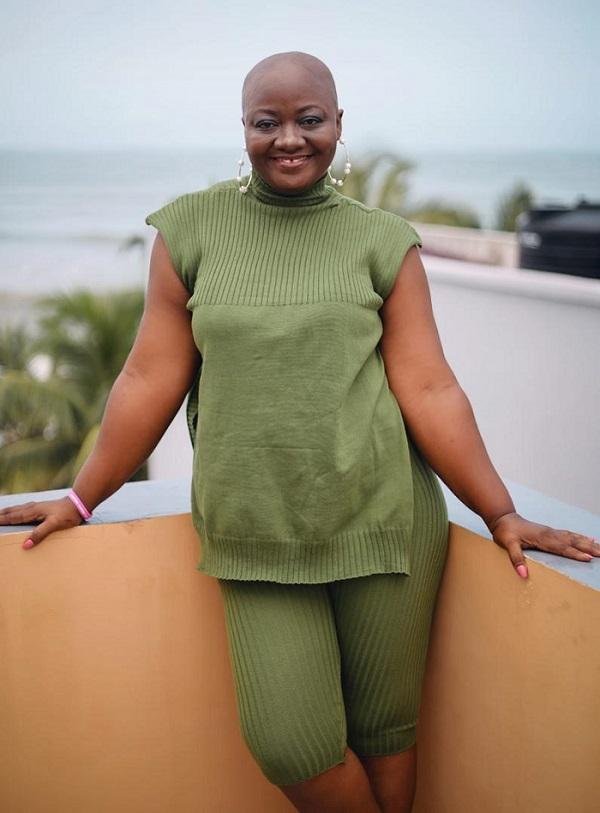
A ‘trotro’ bus heading to Nsawam was filled with the usual sounds from conversations, music, and sometimes a preacher delivering a message.
But when Margaret Odame Donkor rises to speak, she does not preach salvation or sell herbal remedies. Instead, she shares her journey as a breast cancer survivor, urging passengers to examine their breasts regularly, seek medical help early, and never lose hope.
Her pulpit is not a church, but the crowded minibuses of Ghana’s public transport system. Her message is not about repentance, but about survival.
She urges women to check their breasts regularly, encourages men to support their wives during health challenges, and reassures everyone listening that a cancer diagnosis is not the end of life.
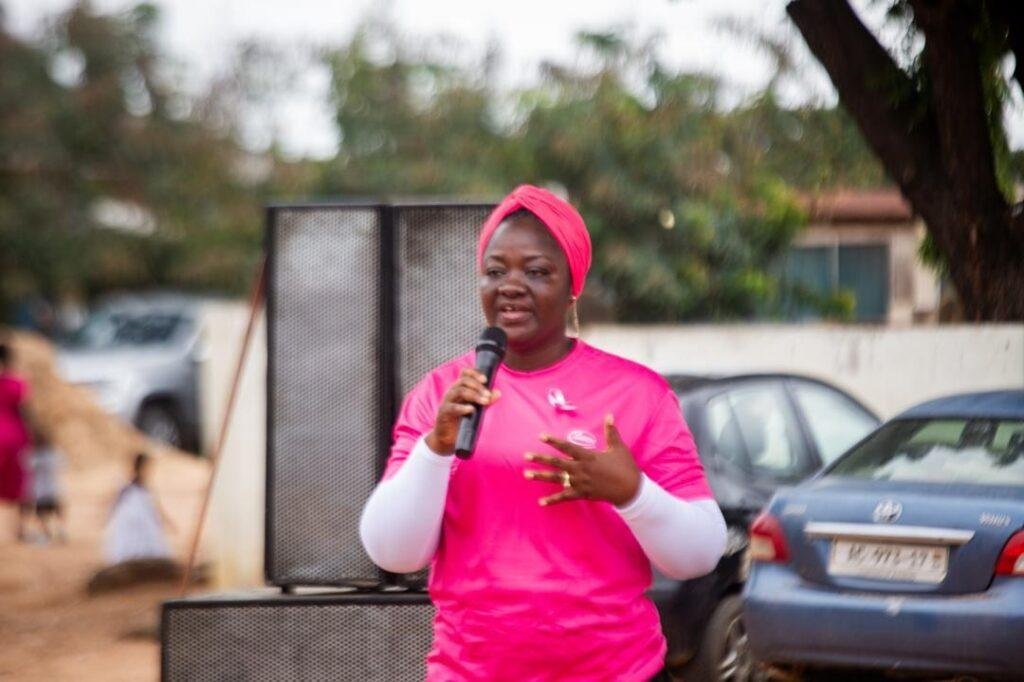
For Margaret, creating awareness is more than a duty-it is a calling born out of personal pain, fear, and triumph.
Her words carried weight because they come from lived experience.
At age 48, Margaret has walked through the valley of fear and pain, battled stage three invasive carcinoma, and emerged not just a survivor but an advocate determined to educate others.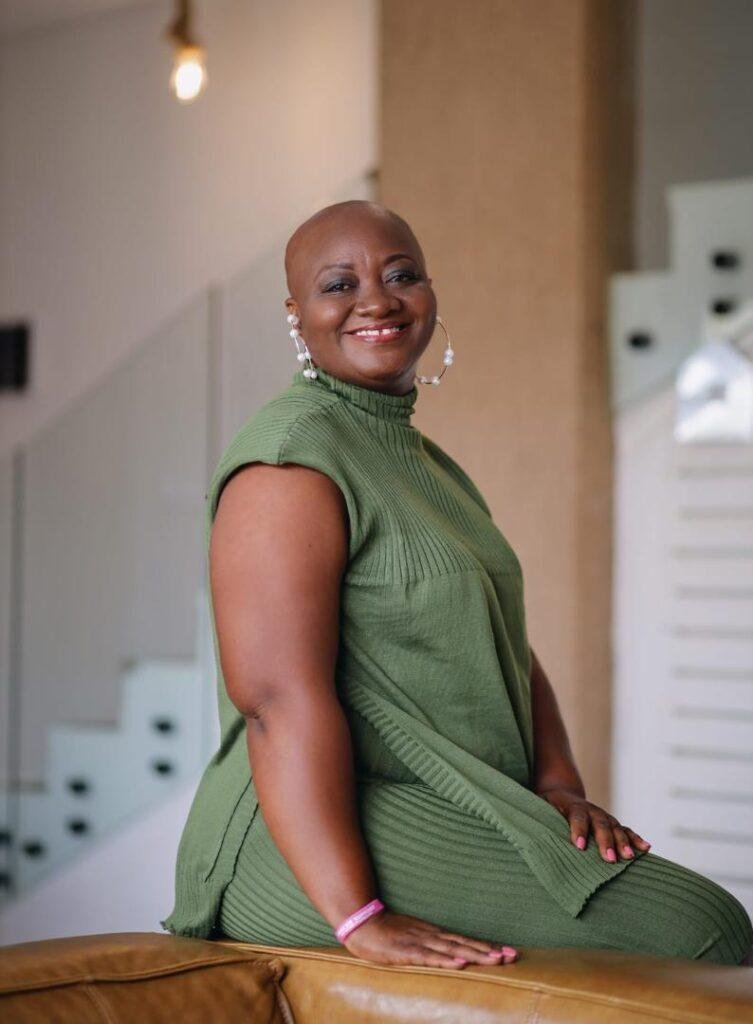
Cancer journey
Margaret’s encounter with breast cancer stretches back decades. At 22, she discovered a lump in her left breast. It was removed and declared benign. Relieved, she skipped regular checks and moved on. Then in 2021, the lump reappeared—this time spreading toward her armpit.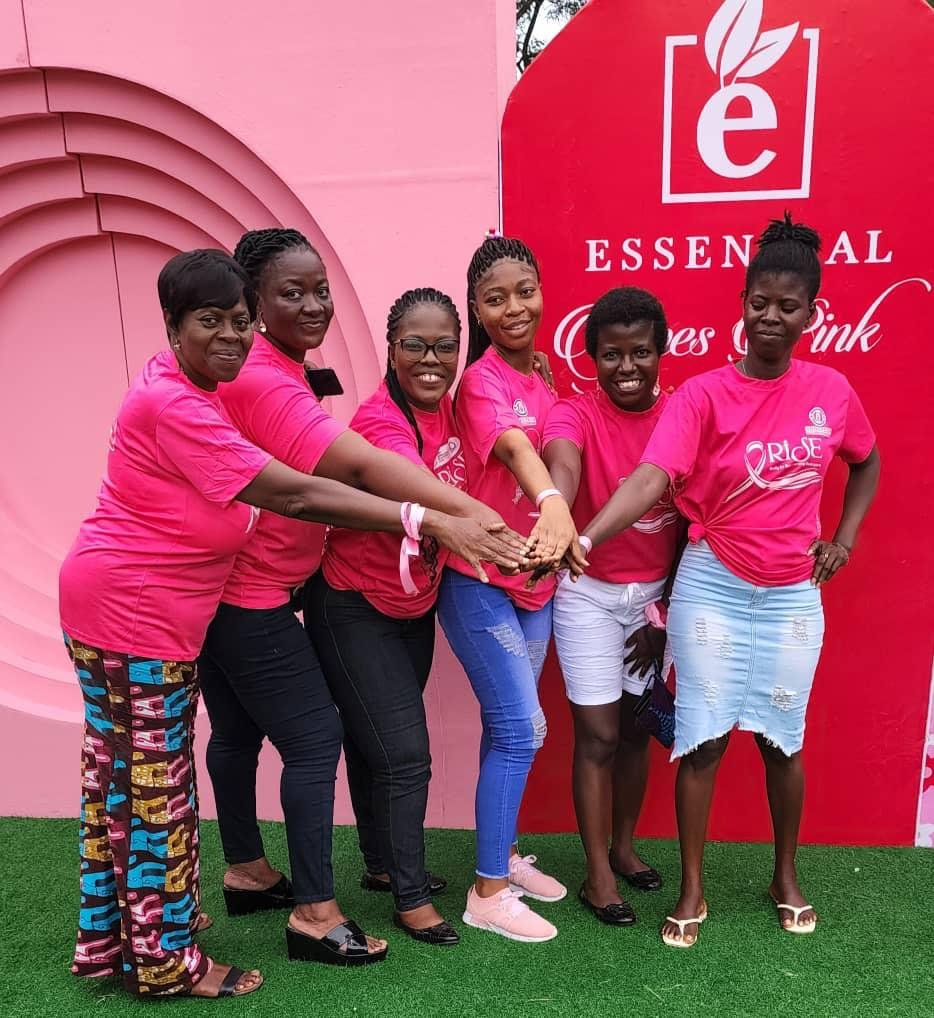
At a church screening in October 2022, doctors detected suspicious lymph nodes. Further tests confirmed her worst fear: stage three invasive carcinoma.
“It wasn’t easy,” she recalls softly. “But my faith in God kept me strong. My husband, children, family, friends, and colleagues formed an army behind me. Their prayers, visits, and encouragement gave me the courage to fight.”
“Be grateful every day because you never know what tomorrow may bring. No one has it all, but with love and support, you can endure,” she stated.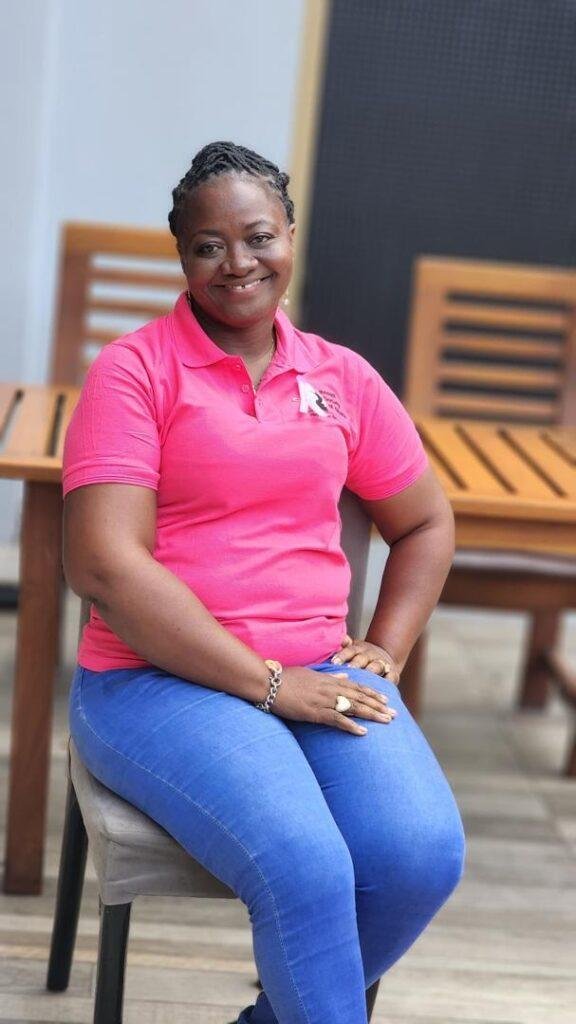
Her greatest fear remains recurrence and not living long enough to see her children graduate and become the people she dreams for them to be.
Before cancer disrupted her life, Margaret had found purpose in interpretation. In 2020, a friend spotted a Judicial Service vacancy and encouraged her to apply. After years of unsuccessful attempts at government jobs, she was reluctant, but she tried once more. This time, she succeeded and was posted to the Eastern Region, her home.
Today, she works at the Nsawam District Court, one of the busiest in the area. On a typical day, she arrives at 7:30am, prepares dockets, and confers with magistrates. She interprets proceedings in Twi, Ga, Hausa, and occasionally Ewe, ensuring that justice was accessible to all.
Her role is demanding. Cross-examinations require her to switch quickly between English and local dialects, while marriages often call for interpreting vows in couples’ preferred languages. Still, she thrives. “The registrars and magistrates I’ve worked with have been amazing. They make the environment very comfortable,” she stated.
Beyond the courtroom, Margaret is also an entrepreneur. In 2017, she founded Nubreed Décor, an events decoration business born from her childhood love for beautifying spaces. She recalls cutting paper decorations as a child and helping her cousin rent out chairs and decorate venues.
Balancing décor with court work was tough, and her health struggles after surgery made it even harder. Radiation left her with persistent rib pain, forcing her to slow down. “Now I hire more hands, which makes business expensive, but it helps me achieve my goals,” she explained.
Her biggest challenge as an entrepreneur remains finance. “The event industry is huge, but I have to work at my own pace and focus on my niche,” she admited.
Cancer changed how Margaret values people and relationships. She learned that those you least expect often become your strongest supporters. She urges families to stand by patients with prayers, encouragement, and financial support, reminding society that a cancer diagnosis is not the end of life.
Her advocacy extends beyond awareness talks. She dreams of establishing a counselling centre for young people and hopes Ghana will expand access to mammograms and radiotherapy centres. “Every patient deserves a chance at survival,” she said firmly.
She urged the youth to live peacefully and be their brother’s keeper, learn to be content and rely on God.
To women, she asserted that, “love yourselves and make breast checks routine while calling on Ghanaians to be open-minded, avoid being judgmental, and show love.
By Esinam Jemima Kuatsinu

 Profile6 days ago
Profile6 days agoAlbert Litela Obidiaba: The artist who wove Ghana’s soul into the King’s Baton

 News6 days ago
News6 days agoDaddy Lumba’s wife, children run to court to injunct December 6 funeral arrangements

 News1 week ago
News1 week agoPresident Mahama to meet Auditor-General, Chief Justice and Attorney-General over misuse of public funds






